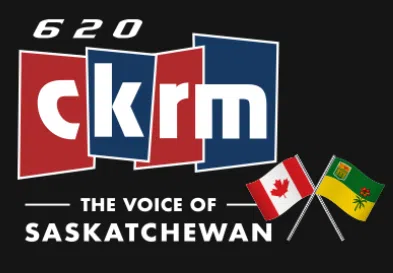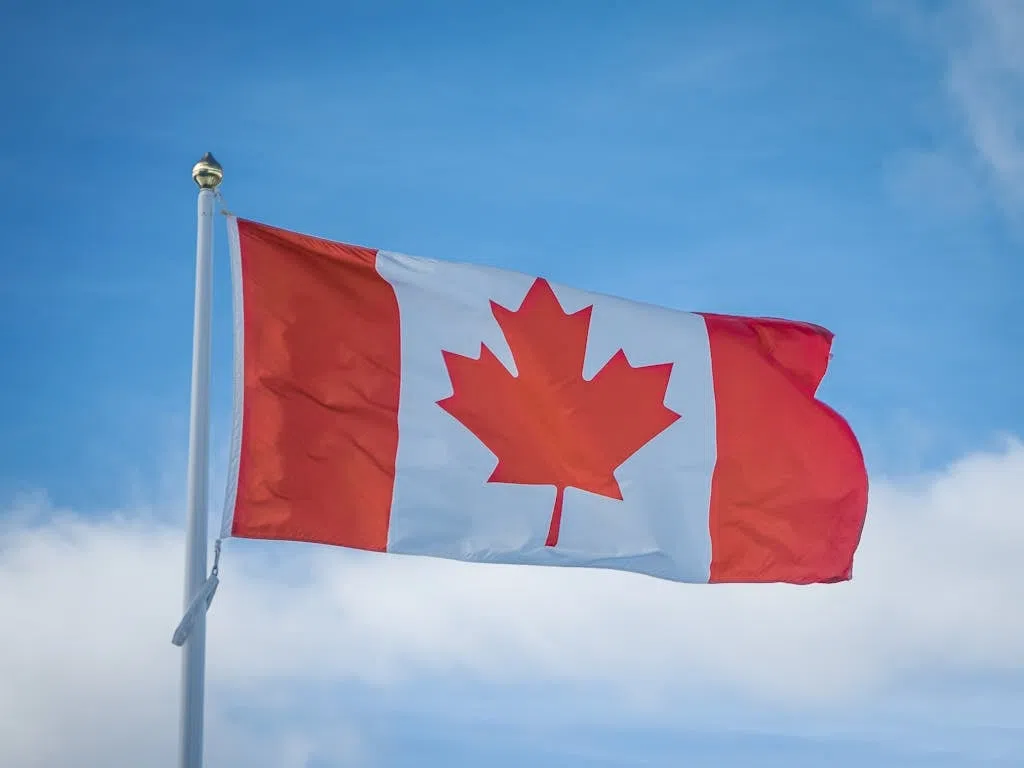The Canadian Federation of Agriculture (CFA) was somewhat relieved Canada was not included on the list of countries affected by the U.S. reciprocal tariffs last week.
However, President Keith Currie says they’re waiting on the impact other tariffs will have on the agriculture sector, such as the U.S. 25% levy on Canadian steel and aluminum. He says the steel & aluminum tariffs may affect farm equipment shipments and could increase the price of parts.
“I know Case I-H and New Holland have stopped shipping out equipment from North America right now so they can assess the tariffs and I would assume maybe other equipment dealers might do the same, so we don’t know where that’s going to land.” said Currie.
The day after U.S. President Donald Trump’s reciprocal tariff announcement, which he called “Liberation Day”, saw the stock market drop significantly and commodity prices becoming softer except for canola. Currie says how the tariffs affect grain prices over time is to be determined.
“What does this mean for U.S. farmers and their expenses? Are they going to change what they’re going to grow, how much they’re going to grow? We’re not sure yet. What are the energy impacts in the U.S. going to be as far as pricing for diesel fuel and other energies used on farm? There’s a lot of variables there that we just aren’t sure of yet.”
Currie adds a positive to all this is farmers bought seed and fertilizer in advance of spring seeding, so its one less thing affected by the tariffs.
The Canadian dairy industry was targeted by Donald Trump during Wednesday’s announcement, falsely claiming the U.S. paying more than 250 per cent tariffs on dairy going into Canada, but the reality is the Americans rarely exceed the dairy quota before products are then subject to those high tariffs.
Currie claims Trump left out the fact that Canadian dairy products face the same level of tariffs into the U.S., as well as the reason for the U.S. not meeting quota levels is the use of Bovine Somatotropin (bST), a commercially-produced artificial hormone used to increase a cow’s milk production. Health Canada banned the use and sale of bST in 1999 “due to concerns over animal health and welfare”, specifically the risk of mastitis and lameness when a cow receives an injection of it, according to information from the Dairy Farmers of Canada website.
“(Trump) is avoiding those convenient points to the general public, but I think the (supply management groups) are very much aware that they’re on the hit list for Trump going forward, so they’ll have to be more than prepared to help the (federal) government defend supply management going forward.” Currie added.
The federal government matched the States’ 25 per cent levy on foreign-made automobiles with a tariff on American vehicle imports. The government previously imposed counter-tariffs on a combined $60 billion worth of American goods.
Currie says they’ve been advocating for a more targeted approach to counter-tariffs “and hoping that agriculture products would be exempt” due to Canada’s dependence on some seed, chemicals, and other agricultural products from the U.S.
“I think our government has to stand up to the U.S. and has to push back. What that’s going to look like in the long-term when you look at the make-up of vehicles, there’s quite a mixture of U.S., Canadian, and Mexican parts so how do they designate the actual, appropriate tariffs through each type of vehicle or equipment that farmers use, that’s the part where we’re waiting to see how that all fleshes out before we can actually understand what the impact’s going to be, but certainly things will get more expensive, there’s no question about it.
He says dealing with a federal government is tricky at the moment with a federal election campaign going, so its hard to make headway until the election results are final.







Comments